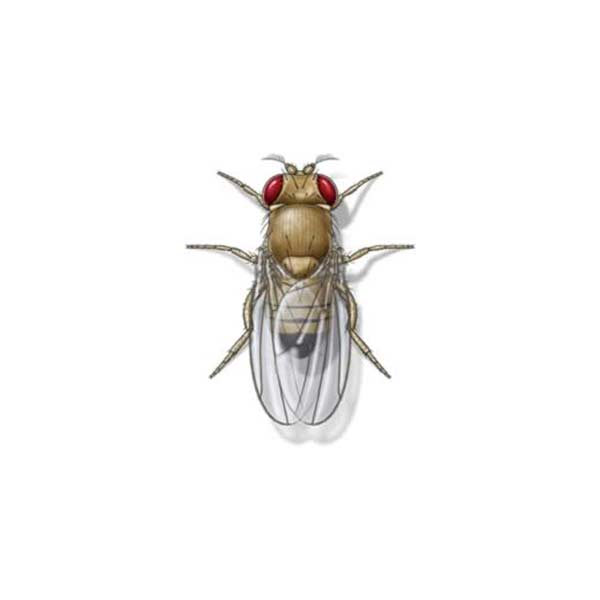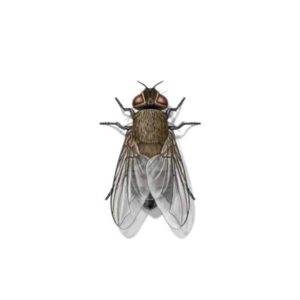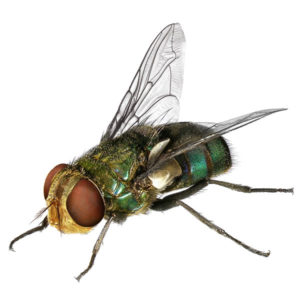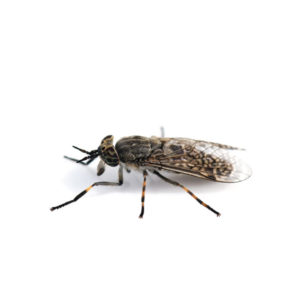Fruit Flies in North Jersey
There are eight prevalent fruit fly species in the United States. “Drosophila” is their scientific name, which means they’re fond of dew and humid conditions. Commonly known as fruit flies, vinegar flies, or pomace flies, they are often mistaken for other tiny flies found indoors. Fruit flies feed on bacteria and sugar from decomposing foods. They’re frequently spotted near fruit bowls, wine glasses, garbage, and waste bins. They can spread disease to humans.
Fruit Fly Habitat
Fruit flies are so tiny that they can easily pass through insect screens. They can be found in homes, restaurants, fruit markets, bars, and salad bars. Essentially, anywhere in North Jersey where fruits and vegetables are present is a place where you might find fruit flies. They multiply in dumpsters, waste containers, and moist compost heaps where fruits and vegetables have been discarded — and from there, invade nearby buildings. Fruit flies lay eggs on fruit, then the larvae hatches and feeds on that fruit. Fruit flies are most active during warm weather. In ideal temperatures (80° to 89°F), they can develop from egg to adult in about one week.
Fruit Fly Behaviors, Threats, or Dangers
Fruit flies do not sting or bite. However, they are annoying and they have been found to transfer E.coli, Salmonella, and Listeria, according to a recent study. Although fruit flies spend most of their time fermenting foods, they can also be found on utensils, tableware, drinking glasses, and even toothbrushes. When you eat or drink off something a fruit fly has touched, you may be exposed to bacteria.
If you have a fruit fly infestation on your property, contact your local New Jersey fly control technicians.





